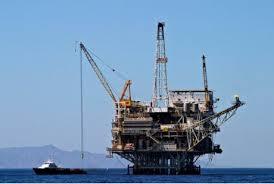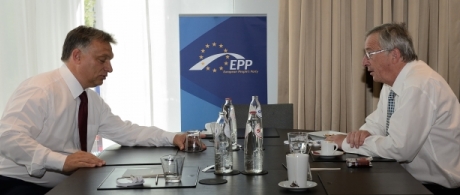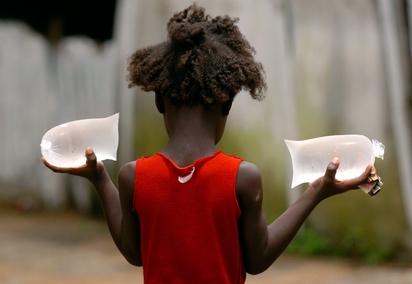Τις παράνομες δραστηριότητες της Τουρκίας εντός της ΑΟΖ της Κύπρου καταγγέλλει η κυπριακή Μόνιμη Αντιπροσωπεία στον ΟΗΕ, με ρηματική διακοίνωση η οποία εστάλη στις 14 Νοεμβρίου προς τον Γενικό Γραμματέα «υπό την ιδιότητά του ως θεματοφύλακα των Ηνωμένων Εθνών για το Δίκαιο της Θάλασσας του 1982» και κυκλοφόρησε χθες ως επίσημο έγγραφο των Ηνωμένων Εθνών.

«Οι παράνομες ενέργειες της Τουρκίας στην Ανατολική Μεσόγειο κατά της Κυπριακής Δημοκρατίας όχι μόνο συνεχίζονται αμείωτα, αλλά έχουν πρόσφατα κλιμακωθεί», αναφέρει η επιστολή, καταγγέλλοντας τις τελευταίες τουρκικές ενέργειες στην αποκλειστική οικονομική ζώνη και στην υφαλοκρηπίδα της Κύπρου. Η επιστολή αναφέρεται σε “κατάφωρη παραβίαση των κυριαρχικών δικαιωμάτων και της δικαιοδοσίας της Κυπριακής Δημοκρατίας στην αποκλειστική οικονομική της ζώνη και στην υφαλοκρηπίδα της, όπως αυτές κατοχυρώνονται στη Σύμβαση των Ηνωμένων Εθνών για το Δίκαιο της Θάλασσας και το σχετικό διεθνές εθιμικό δίκαιο».




